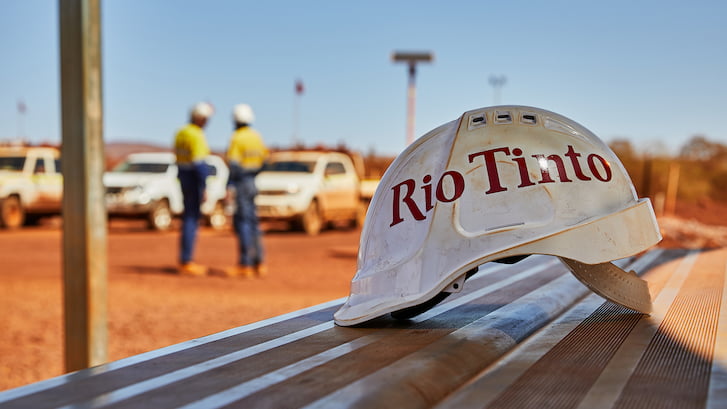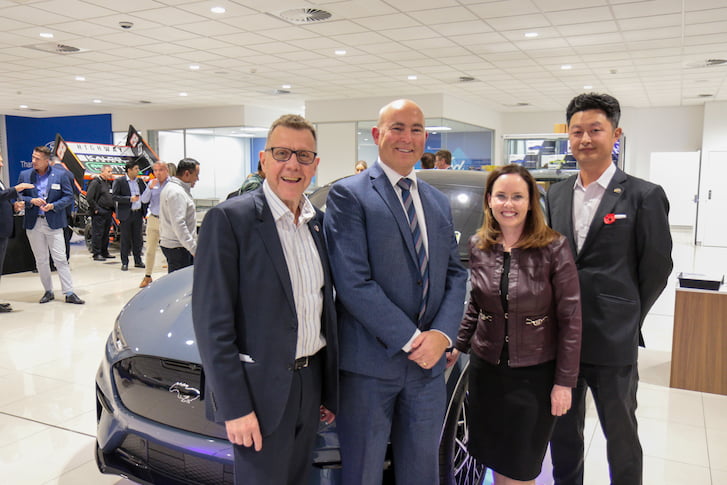Australia’s employment regulation model needs to keep pace with unprecedented change to ensure jobs stay in the country, according to the Australian Chamber of Commerce and Industry.
In its recent submission to the Senate Select Committee on the future of work and workers in Australia, ACCI advocated for a more flexible workplace relations system in the face of unprecedented disruption.
The Senate established the committee in October last year to inquire and report on the impact of technological and other change on the future of work and workers in Australia.
The future of Work at the CCI IR Conference on April 12 at the Perth Convention and Exhibition Centre will address many of the top issues.
As a ‘high-skill, high-wage’ nation, Australia was vulnerable to losing jobs offshore to countries where skill levels are rising but wages are lower, the submission said.
It was extremely important that policy settings enabled competitiveness so there was a clear value for multinationals to invest and do business in Australia. This could be achieved in areas like education, trading hours and taxation but – most importantly – in the way people are employed in Australia.
Shifting demographics
ACCI’s submission detailed the growing demand for flexible working arrangements stemming from changing worker demographics and expectations.
The ageing population was one of the biggest drivers of change. To support work opportunities for older Australians, there would need to be a variety of different work opportunities to meet changing needs.
“This does not mean a person should have a statutory right to hours of their choosing within the context of a traditional employment relationship or the creation of some other ‘industrial solution’,” said the ACCI.
The solution should involve creating a broad range of options in which people could participate in paid work whether through casual, part-time or fixed-term work, self-employment or through third-party facilitators, such as employment agencies.
“More avenues into work, and more flexible options suited to the range of needs and preferences of a more diverse workforce will best equip Australia to deliver work to that more diverse workforce,” ACCI said.
New employment models
The gig economy and freelancing have been rapidly evolving and becoming more popular, ACCI said. Technological advancements resulting in companies like Uber and Shofer were offering new income streams to workers – a trend that would only increase in future.
“Greater economic security may be achieved by diversifying sources of income via self-employment, contracting or by working in a combination of ways for more than one person or business – sometimes at the same time,” it said.
“Indeed, a ‘portfolio’ of income streams may, in future, provide greater security than working for the one employer in a traditional, permanent form of employment.”
ACCI said this suggested a ‘one-size-fits-all’ model of employment regulation was becoming less suited to the needs of a modern workplace.
“These trends also bring into question the relevance of the rigid, one-size-fits-all employment regulation, which has its genesis from a 100-year-old system built for an era where working environments were fixed and largely dominated by men working full-time permanent jobs,” it said.
“Policy settings must enable businesses to successfully respond and adapt to their changing workforce, and the changing demands of their workforce in a dynamic way.”
Submissions have closed and the committee will report on or before June 21
►Got a question about wages and awards? Contact CCI’s Employee Relations Advice Centre on (08) 9365 7660 or [email protected].









